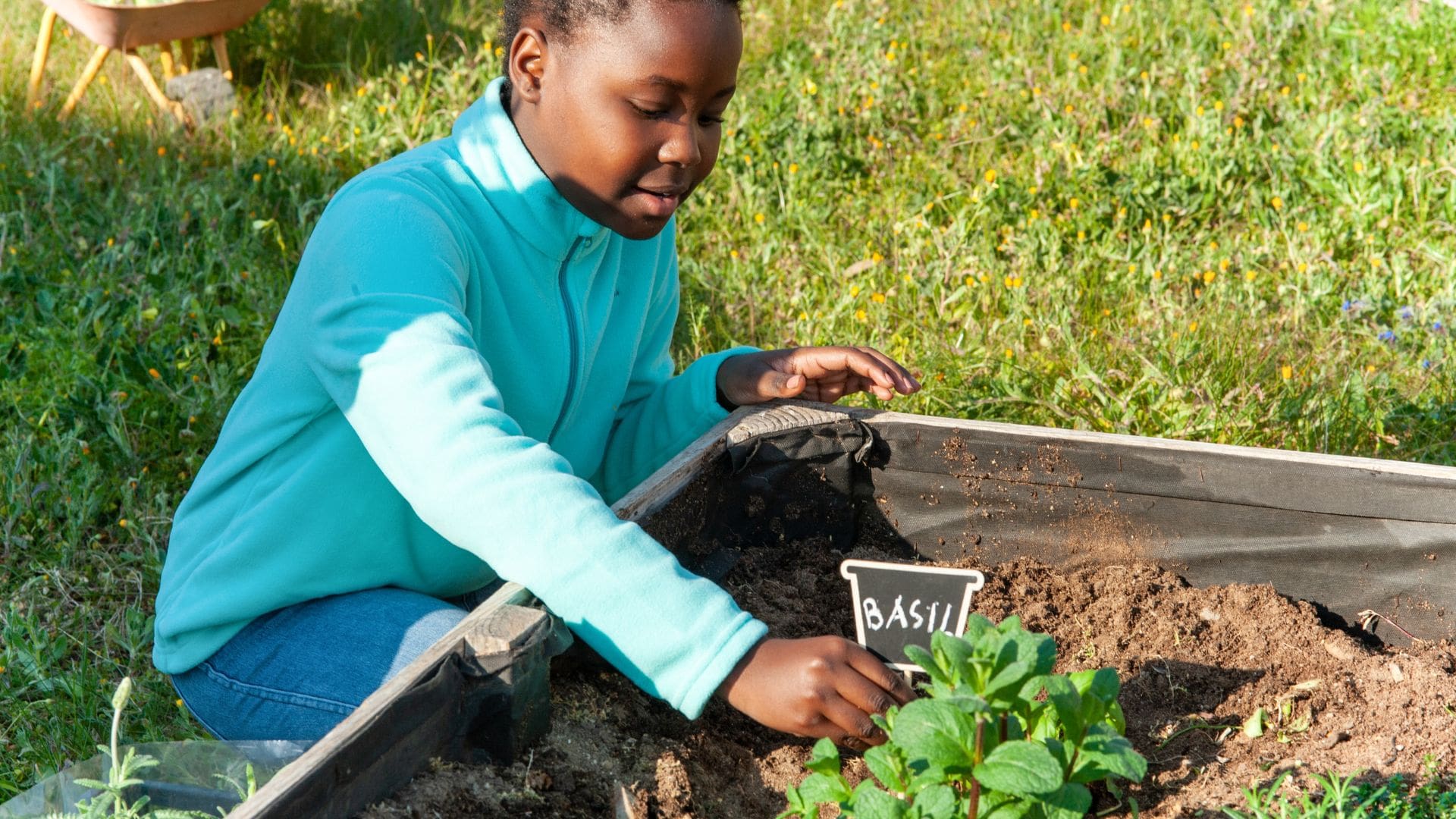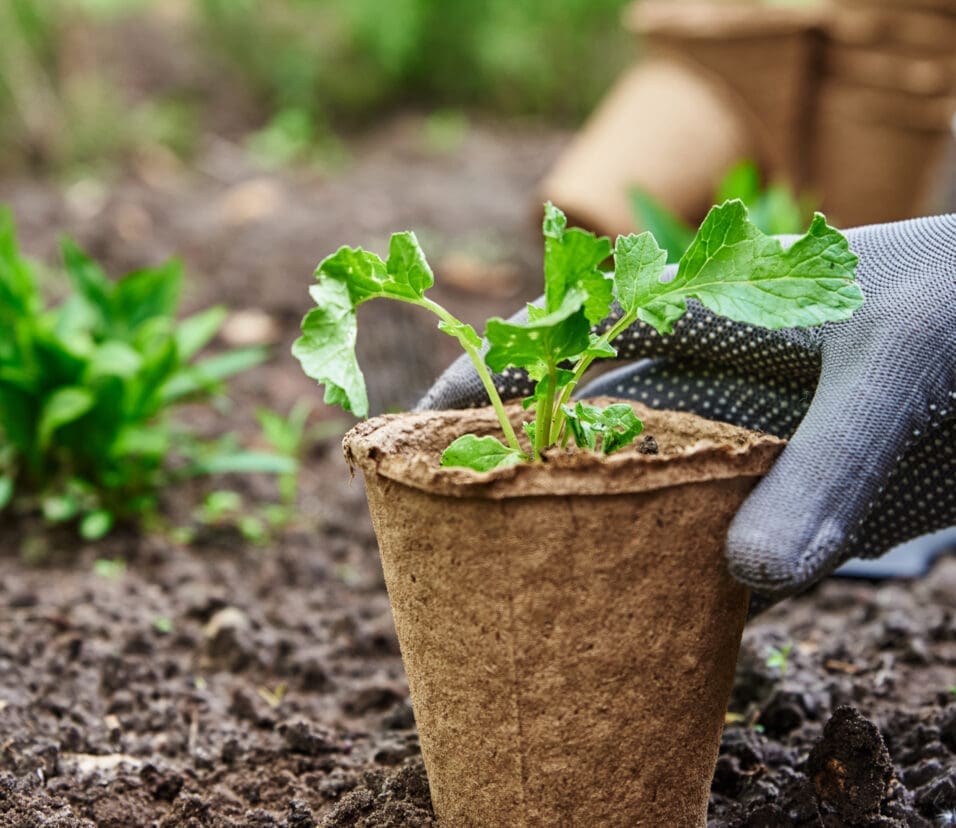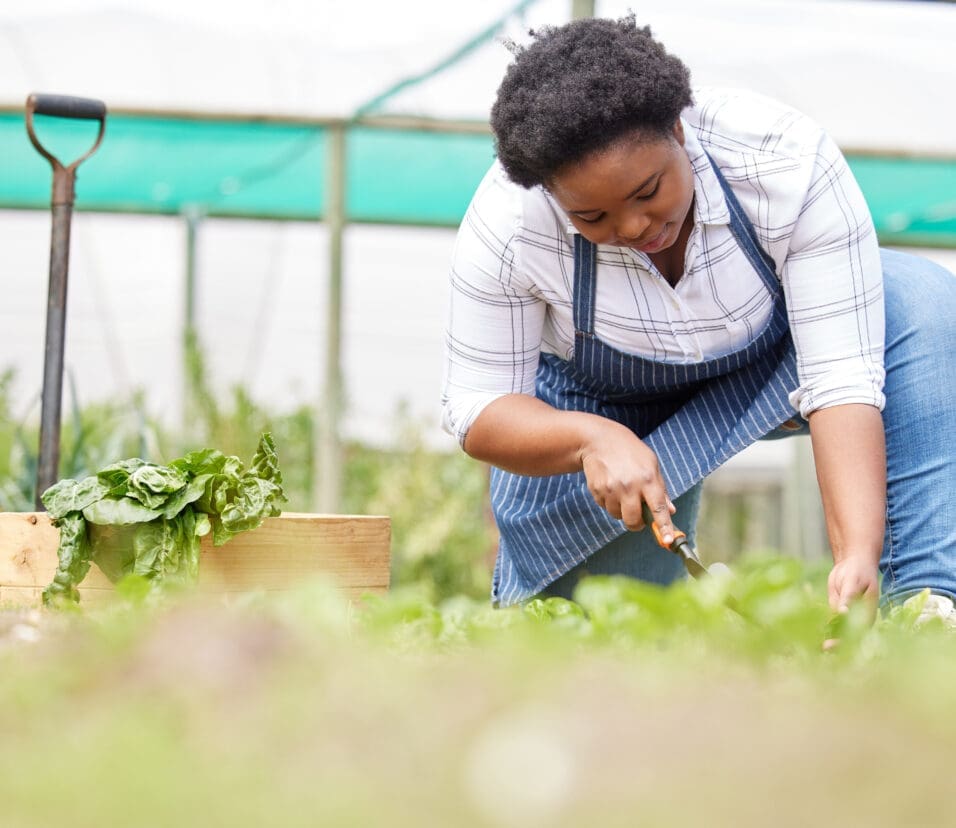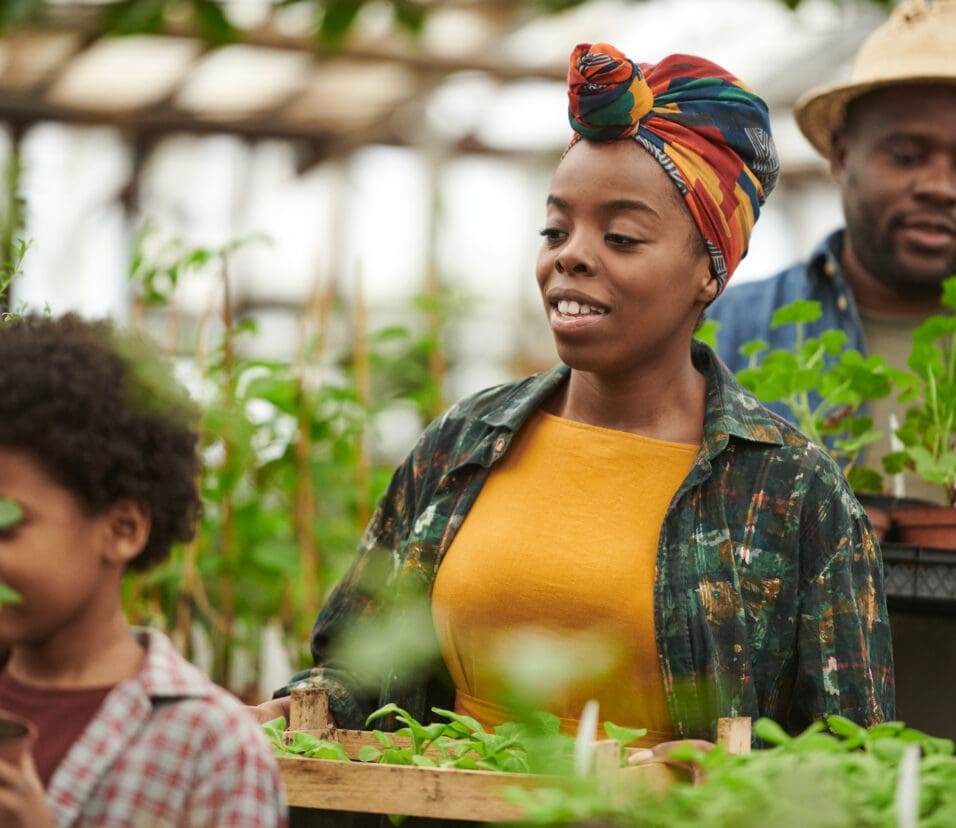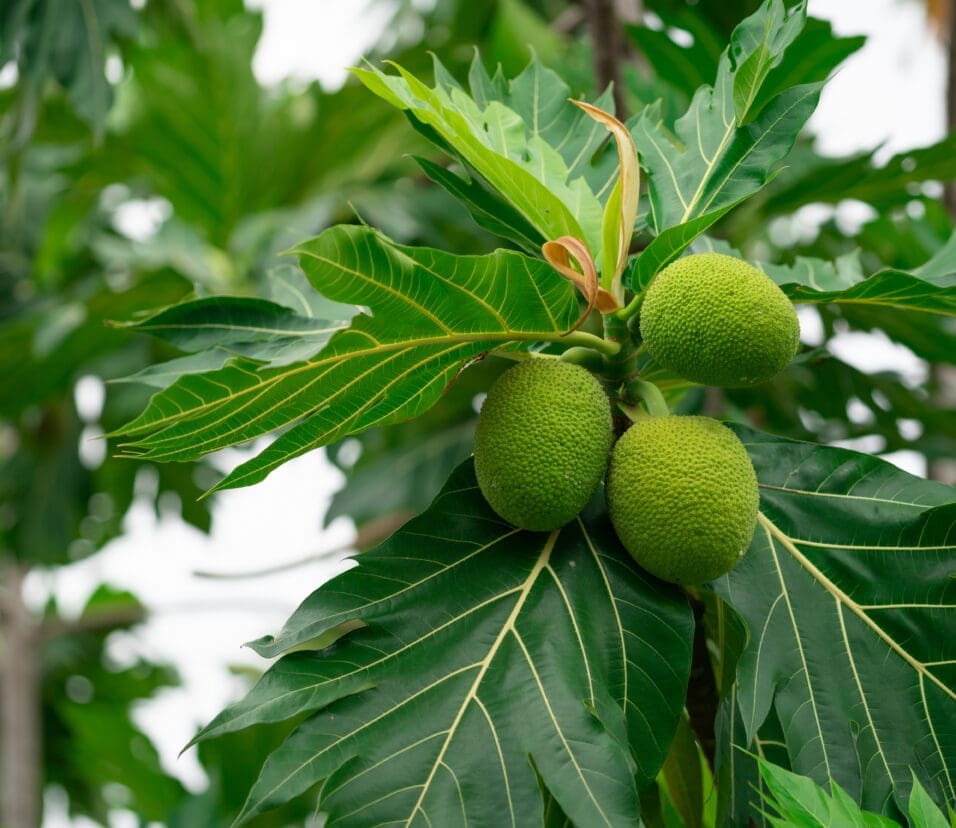Teach Your Children to Grow Food (Part 1)
The Next Generation of Small Farmers
Why is it Important for Children to Learn how to Grow Items at Home?
Learning how to grow items at home empowers children with knowledge about where their food comes from, the importance of sustainability, and the satisfaction of nurturing living things. This hands-on experience cultivates a sense of responsibility, patience, and an appreciation for the natural cycles of life. Ultimately, it equips children with valuable life skills and encourages a lifelong respect for the environment and the planet we call home.
“At a time when many people have become increasingly detached from nature and their food sources, what better time than now to learn and teach our children about the benefits of farming and the value of food? By educating and involving children about the process of “from farm to table”, we can help them develop a greater understanding and appreciation for the world around them.”
Let’s take an in-depth look at the benefits of teaching our kids to grow food:
- Connection with nature
Growing plants at home allows children to develop a strong bond with nature. They witness firsthand the miraculous transformation from seed to plant, learning about the natural cycles and the importance of caring for living organisms.
- Environmental awareness
By engaging in gardening activities, children become more aware of environmental issues. They learn about the significance of conserving resources, reducing waste, and the impact of their choices on the planet. This knowledge promotes a sense of responsibility and encourages sustainable practices.
- Healthy eating habits
When children actively participate in growing their own food, they gain a greater appreciation for fresh, wholesome produce. They learn about the nutritional value of different fruits, vegetables, and herbs, making them more likely to choose healthy options and develop lifelong healthy eating habits.
- Life skills and self-sufficiency
Gardening teaches children valuable life skills such as patience, responsibility, and problem-solving. They learn how to nurture plants, manage pests, and adapt to different weather conditions. These skills contribute to their overall development and empower them to become more self-sufficient in providing for their own needs.
- Science and curiosity
Gardening is an excellent platform for exploring scientific concepts. Children can delve into topics such as plant biology, photosynthesis, soil composition, and the interdependence of living organisms. This hands-on approach to learning sparks their curiosity and encourages them to ask questions, make observations, and conduct experiments.
- Emotional well-being
Gardening has therapeutic benefits for children. It offers a calming and meditative experience, allowing them to unwind, connect with nature, and reduce stress. It also fosters a sense of accomplishment and boosts self-esteem when they witness their efforts which result in the growth and harvest of their own crops.
How is this Important for their Health and Well-being?
Encouraging children to embark on the exciting journey of growing their own food is not just a passing trend – it is a profound investment in their health and well-being. By actively participating in the cultivation of fruits, vegetables, and herbs from an early age, children not only gain a hands-on understanding of where their food comes from but also unlock a world of fresh, nutritious possibilities. Imagine their delight as they pluck a vibrant red tomato from the vine they nurtured or savour the sweet crunch of a carrot they lovingly pulled from the earth. This connection between their efforts and the sustenance on their plates creates a remarkable bond with food, inspiring them to make healthier choices and embrace a balanced diet.
Beyond the incredible nutritional benefits, engaging in gardening activities becomes a vibrant source of joy and well-being. The physical exertion of tending to their garden beds, combined with the soul-soothing tranquillity of nature, breathes life into their bodies and spirits alike. The sheer sense of accomplishment and pride that comes with watching their humble seeds sprout, grow, and flourish, cultivates profound emotional well-being, instilling resilience, patience, and a deep appreciation for the marvels of life. In the grand tapestry of their existence, teaching children to grow food serves as a powerful catalyst, empowering them to seize control of their health, thrive in the present, and lay the groundwork for a future filled with vitality and wellness.
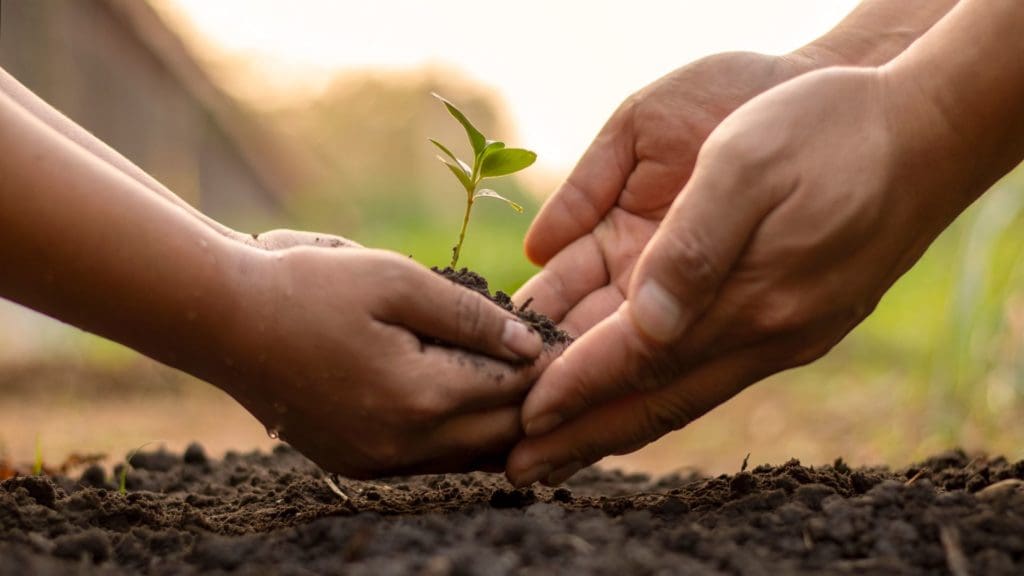
How is this Important to the Future of the Generations to come?
Teaching children to grow food holds great significance for the future generations to come. Here’s why:
- Food Security:
As the global population continues to grow, ensuring food security becomes increasingly crucial. By imparting the knowledge and skills of food cultivation to children, we equip them with the ability to sustain themselves and potentially contribute to addressing food scarcity challenges in the future.
- Environmental Sustainability
Teaching children to grow food promotes an understanding of sustainable practices, such as organic gardening, composting, and water conservation. These practices contribute to preserving natural resources, reducing carbon footprint, and mitigating the impact of climate change. By instilling a sense of environmental responsibility, we empower future generations to make informed choices and take active steps toward a more sustainable future.
- Self-sufficiency and Resilience
In a rapidly changing world, self-sufficiency and resilience are valuable qualities. Teaching children to grow their own food fosters independence, resourcefulness, and adaptability. They learn to rely less on external sources and gain the confidence to navigate challenges, ensuring their well-being and the ability to provide for themselves in varying circumstances.
- Health and Well-being
Growing one’s own food encourages healthier eating habits, leading to improved physical and mental well-being. By teaching children about the nutritional value of fresh produce and the importance of a balanced diet, we empower them to make healthier choices and establish lifelong habits that positively impact their health and longevity.
- Connection with Nature and Biodiversity
As urbanisation and technological advancements increase, there is a risk of disconnection from nature. Teaching children to grow food reconnects them with the natural world, fostering an appreciation for biodiversity and ecological systems. This understanding promotes environmental stewardship and a desire to protect and conserve our planet’s rich biodiversity for future generations.
By empowering future generations through food cultivation, we pave the way for a brighter, more sustainable world for generations to come.
Look out for Part 2, which is all about teaching children to be income-generating farmers and how best to do so.


